
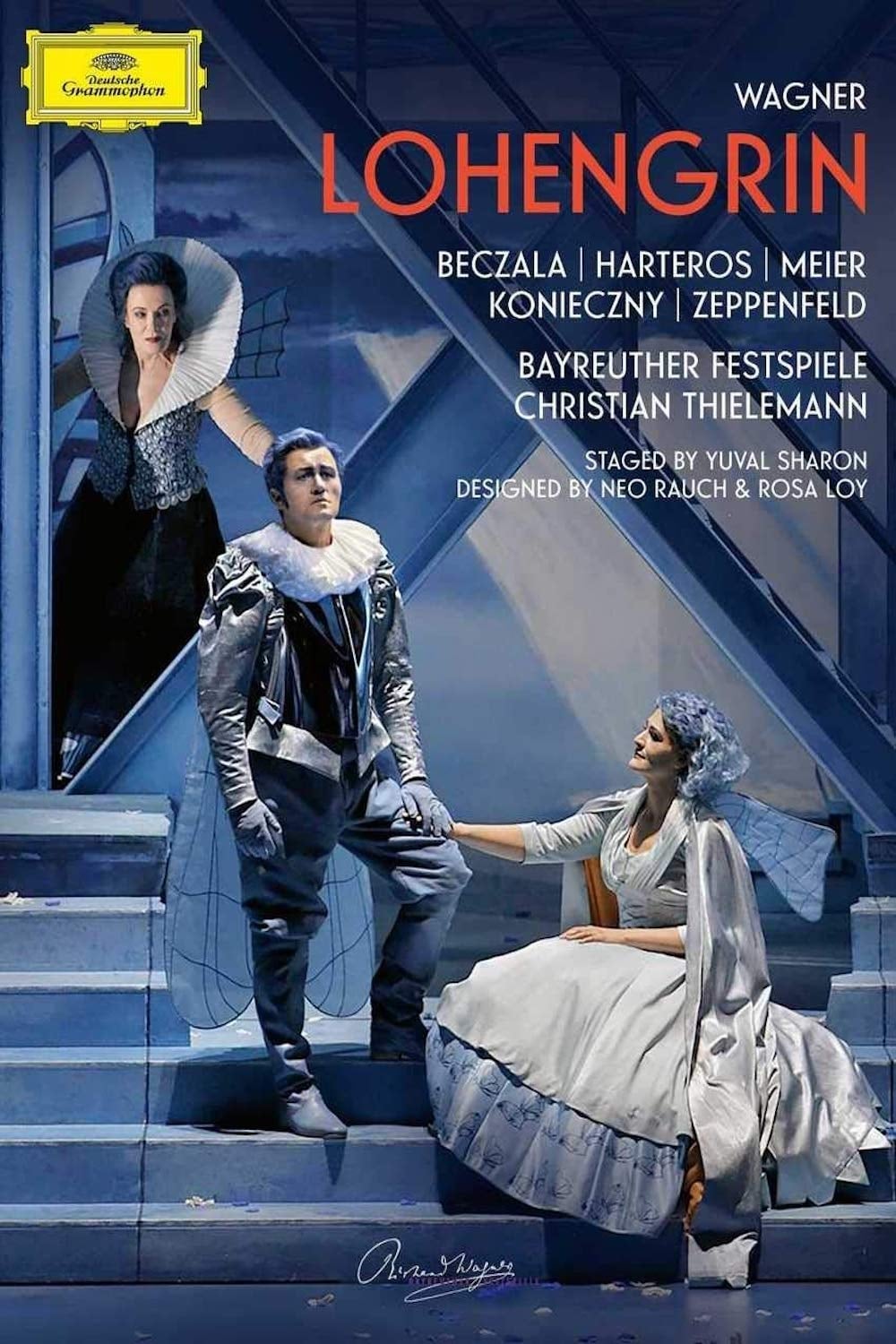
After Tristan und Isolde (2016), Parsifal (2017) and Die Meistersinger von Nürnberg (2018) this is the fourth installment of the exclusive, multiyear partnership between Deutsche Grammophon and the Bayreuth Festival, in which the Yellow Label is the exclusive audiovisual partner of the mythical Wagner festival, releasing each edition's new production on Blu-ray. This year, we are proud to release on Blu-ray the celebrated production of Lohengrin which was premiered on 25 July 2018, featuring an illustrious cast including Piotr Beczala and Anja Harteros in their house debuts, as well as the acclaimed return of Waltraud Meier to the Bayreuth Festival. The New York Times praised Piotr Beczala’s Lohengrin as “outstanding”, Anja Harteros [making] her impressive Bayreuth debut” as Elsa, and Ortrud “played with dominant presence by the incomparable Waltraud Meier”.
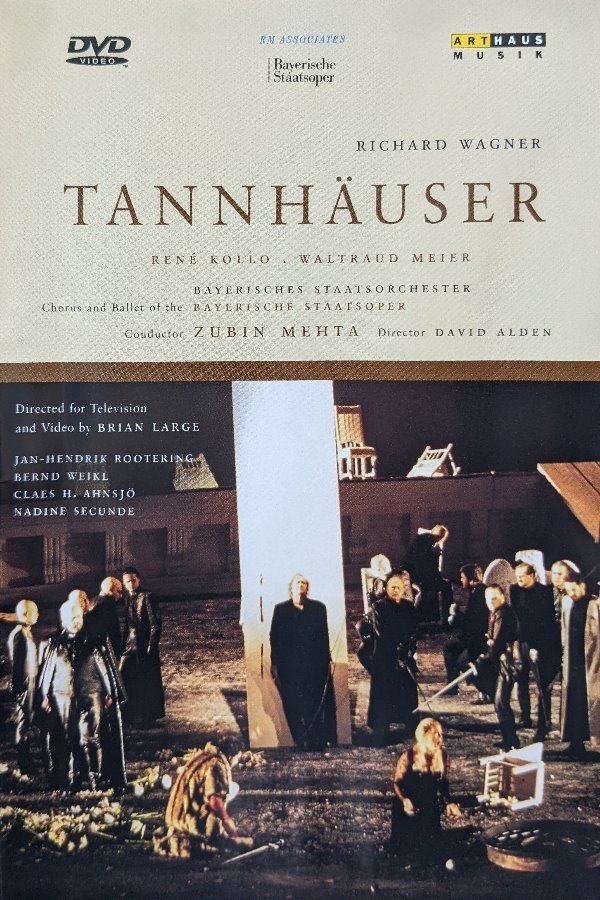
David Alden's production of Wagner's grand romantic opera was recorded at the National Theatre in Munich, with Bayerische Staatsoper, in September 1994. Shot over three days by leading opera director Brian Large, this recording benefits from the ideal technical conditions made possible by a closed session. Alden, one of the most iconoclastic interpreters of classical opera, stirs up the visionary, erotic, and archetypal elements in Wagner's work. The cold, forbidding aspect of the stylized and predominantly monochrome sets and costumes by Roni Toren and Buki Shiff manifests the strait-jacket of tradition from which Tannhäuser seeks to free himself in this powerful opera.

Götterdämmerung, the final instalment of Wagner’s Ring of the Nibelung, is a story of human passions. Two essentially benevolent creatures, involved with and possibly doomed by their traffic with the gods, find treachery and evil in the world of the humans, and are ruined by the dark side of humanity. Iréne Theorin, acclaimed worldwide for her portrayal of Wagner’s heroines, stars as Brünnhilde opposite Lance Ryan, who continues his radiant portrayal of the tragic hero Siegfried. The strong cast also includes Mikhail Petrenko as the dark antagonist Hagen and Johannes Martin Kränzle, who once again shines as his father Alberich. Waltraud Meier has a memorable appearance as Brünnhilde’s sister Waltraute. With this 2013 recording of Götterdämmerung, the musically and visually compelling Scala Ring Cycle by Daniel Barenboim and Guy Cassiers was completed and proved to be one of the highlights of the Richard Wagner bicentenary.
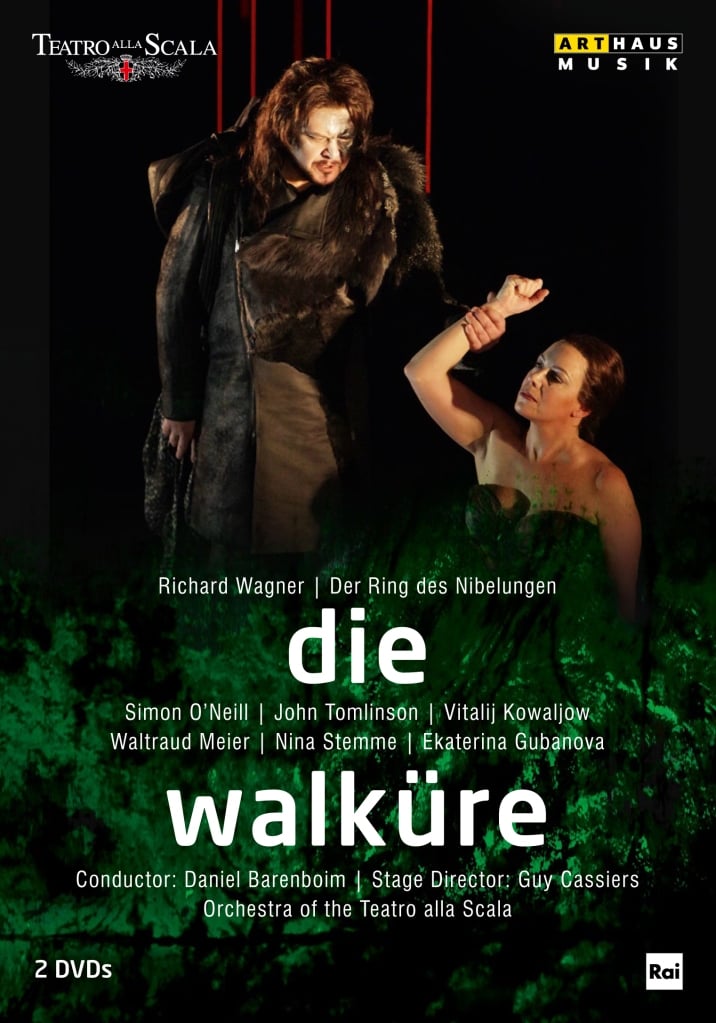
Richard Wagner called Die Walküre the “first evening” of the Ring of the Nibelung; he called Das Rheingold the prologue or Vorabend. Musically and dramatically, we are introduced to a radically new and different world when the opening bars of Die Walküre resound. A fully developed orchestral palette of Leitmotivs paints a wild storm scene, and the curtain rises on a modest dwelling: a fully human scene that has nothing to do with the gods, dwarves and nymphs of Das Rheingold. At the same time, however, the way Die Walküre portrays radical beginnings reveals some telling reminiscences of the unfolding of Das Rheingold. Die Walküre is exciting and deeply feeling drama.
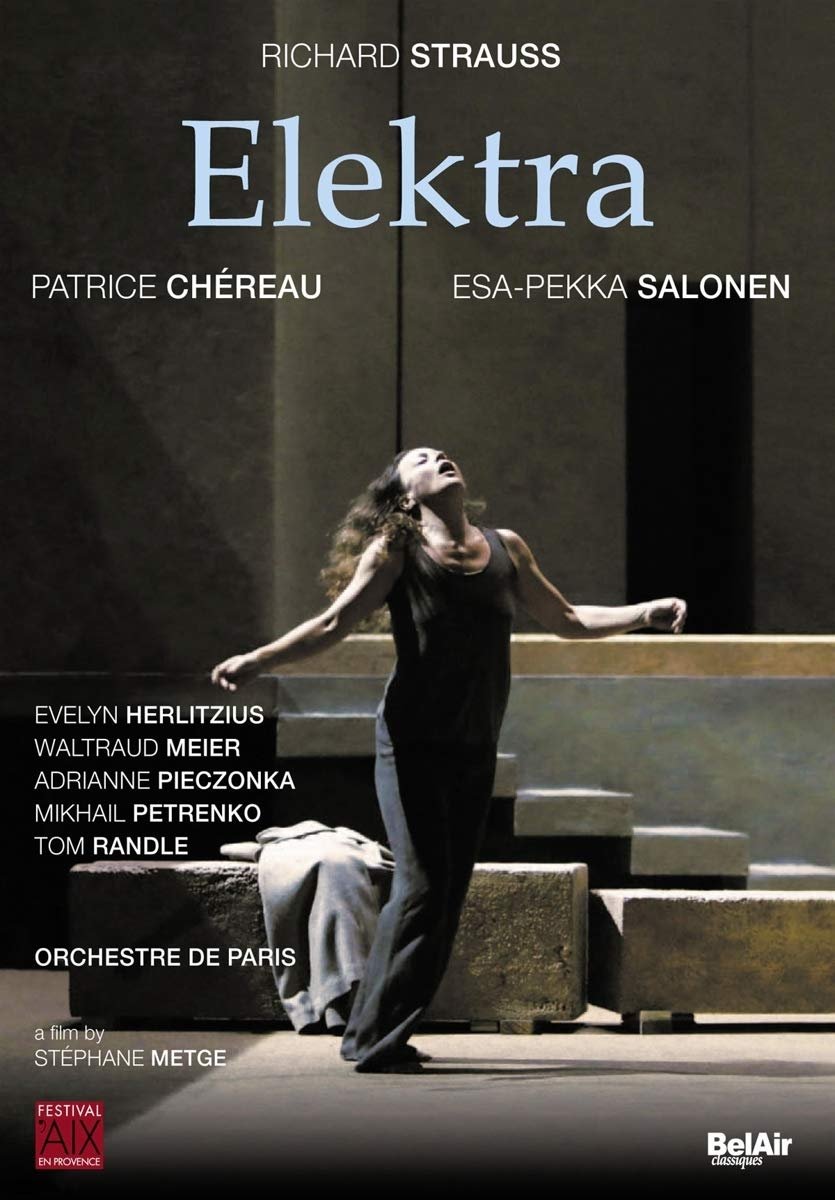
Last production staged by Patrice Chéreau, this Elektra will remain as the main and most striking lyrical event of these last years in Aix-en-Provence. This production is leaded by three amazing singers: the German soprano Evelyn Herlitzius gave a tremendous, never-to-be-forgotten account of the title role, Waltraud Meier portrays a human and chilling Clytemnestra and Adrianne Pieczonka is a fantastic Chrysothemis. Everyone's loneliness and intimate struggles are Patrice Chéreau's favorites theatrical themes. With Esa-Pekka Salonen conducting the Orchestre de Paris, this production of Elektra becomes an unforgettable experience.
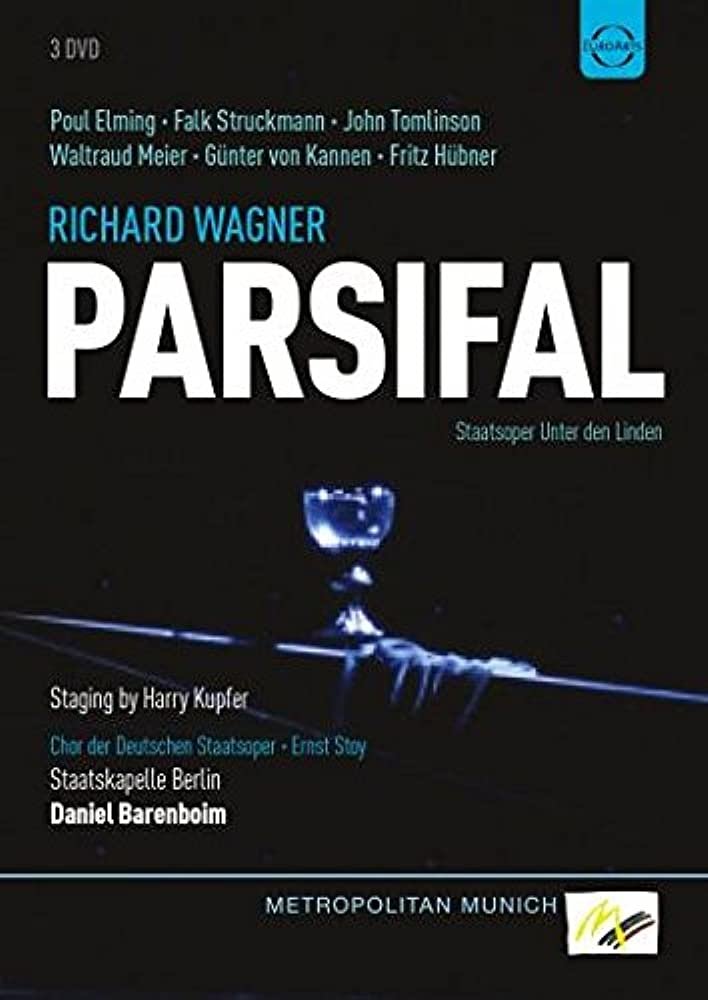
This dramatic production by the brilliant German stage director Harry Kupfer marked Daniel Barenboim's appointment as the artistic director of the Berlin State Opera in 1992. The cast is made up of the finest Wagnerian singers of the period, all of whom enjoyed substantial international careers. Barenboim's superb conducting reveals Wagner's multi-layered score in all it's glory.
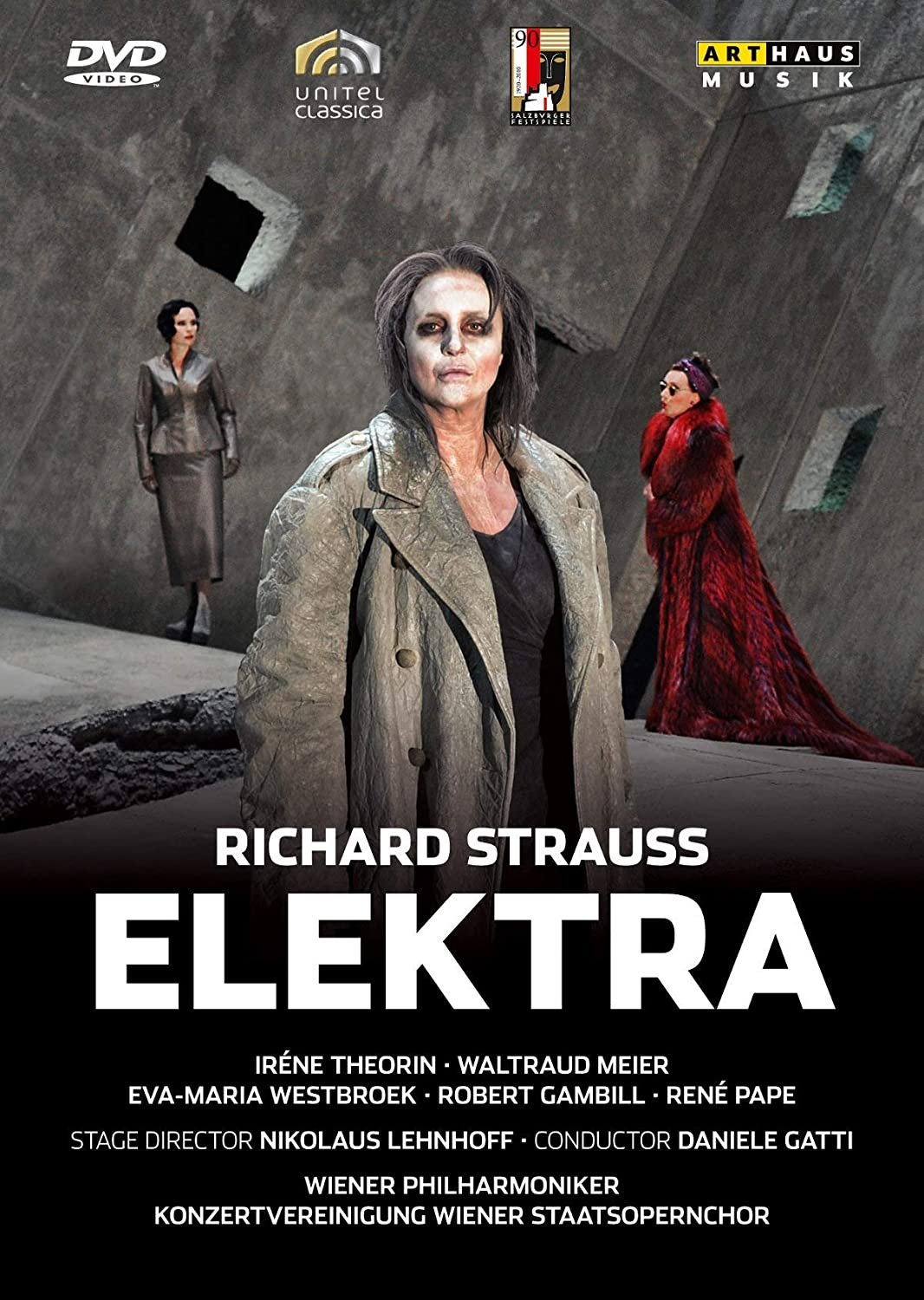
The Nikolaus Lehnhoff production of Richard Strauss's "Elektra", recorded live at the Salzburger Festspiele in 2010. Iréne Theorin stars as Elektra, with Eva-Maria Westbroek as Chrysothemis, Waltraud Meier as Klytämnestra, Robert Gambill as Aegisth, and René Pape as Orest. Daniele Gatti conducts the Wiener Philharmoniker.
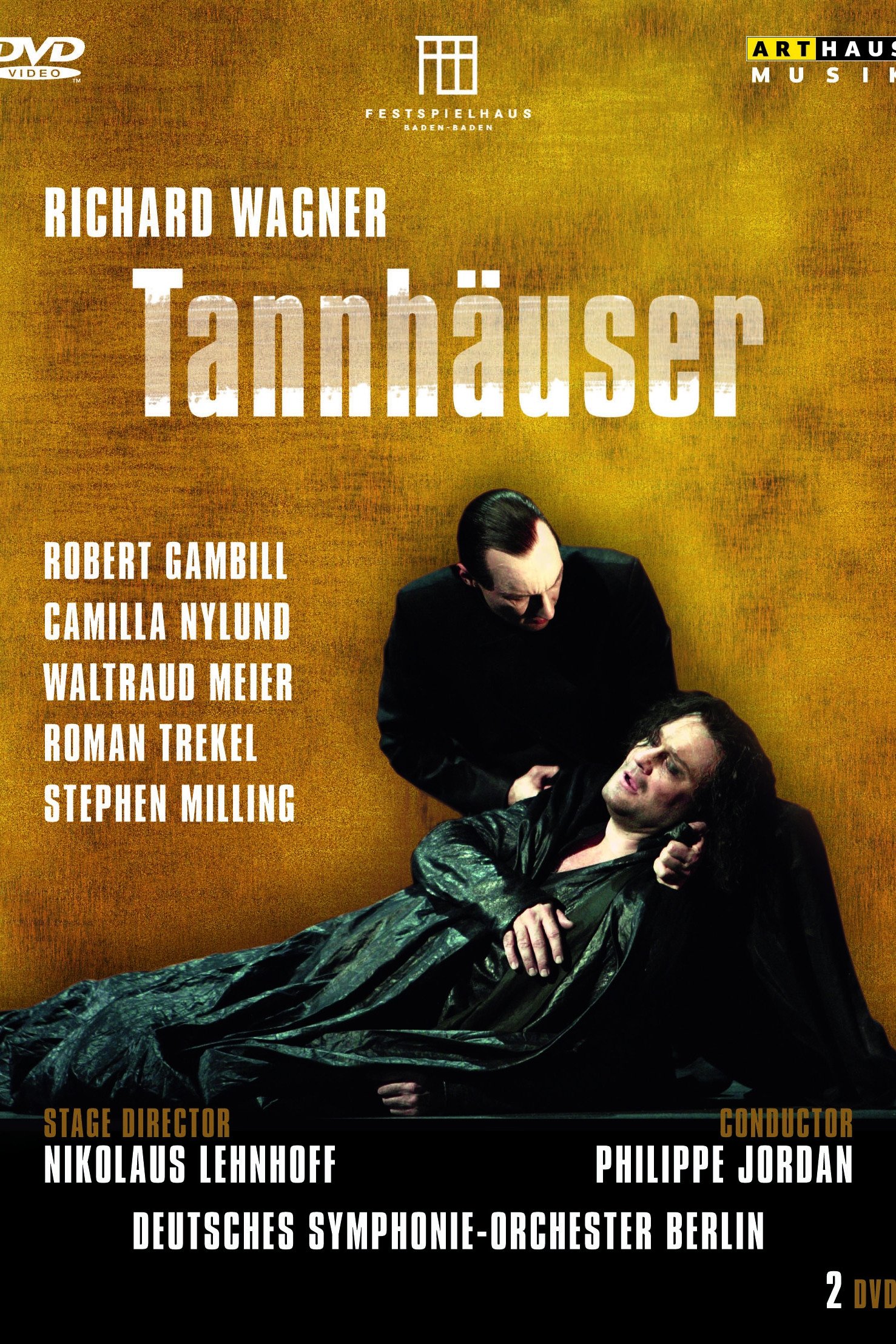
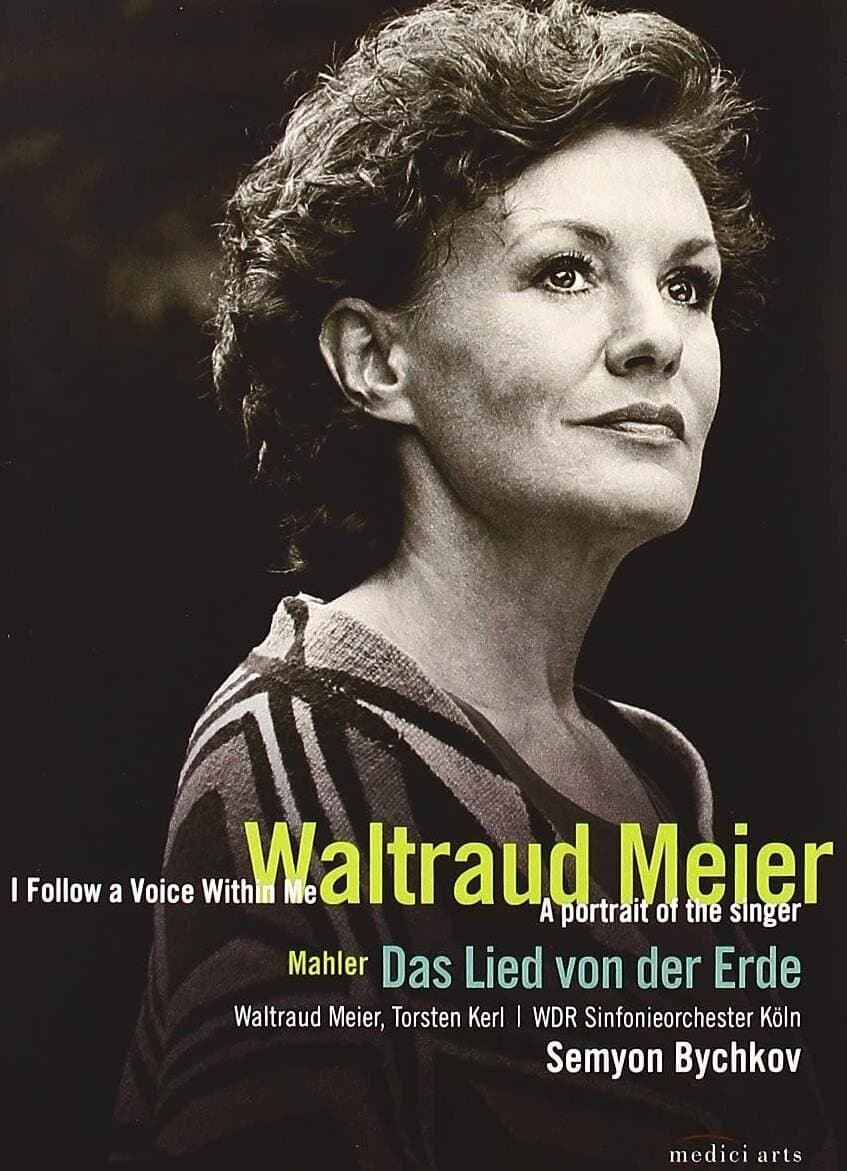
Waltraud Meier is “La Wagnerissima”, the queen of Wagner’s repertoire. In her very personal account “I follow a voice within me”, we enter her world and learn about her motivations, aspirations, and her joyful way of pursuing them. In addition to personal insights, this truly ingenious portrait presents Waltraud Meier on stage and in rehearsal in her most celebrated Wagner roles and as an interpreter of Mahler’s Lieder. It becomes clear how she coined today’s musical world when other great musicians such as Daniel Barenboim or Plácido Domingo speak about her and her work. This beautiful portrait of one of the greatest interpreters of our time is rounded off with a powerful recording of Mahler’s “Lied von der Erde”.
Grammy Award winner Waltraud Meier is a German dramatic soprano and mezzo-soprano singer. She is particularly known for her Wagnerian roles as Kundry, Isolde, Ortrud, Venus, Fricka, and Sieglinde, but has also had success in the French and Italian repertoire appearing as Eboli, Amneris, Carmen, and Santuzza. She resides in Munich. Meier has performed in the world's famed opera houses (including La Scala, Covent Garden, Metropolitan Opera, the Vienna State Opera, the Bavarian State Opera, Lyric Opera of Chicago, and Colón Theater). She performed Wagner at the Mecca of Wagner performance, the Bayreuth Festspielhaus. She has performed under the batons of conductors including Riccardo Muti, Daniel Barenboim, Claudio Abbado, James Levine, Lorin Maazel, Zubin Mehta, and Giuseppe Sinopoli. Waltraud Meier was born in Würzburg, Germany. She sang in various choral groups during her younger years. Upon finishing her secondary education, she began graduate studies in English and Romance Languages while also taking voice lessons. She studied singing with Professor Dietger Jacob. In 1976, she decided to concentrate on a singing career and soon thereafter debuted at the Würzburg Opera as Lola in Cavalleria rusticana. Over the next several years she performed regularly at the opera house in Mannheim (1976–78). She resides in Germany.
By browsing this website, you accept our cookies policy.